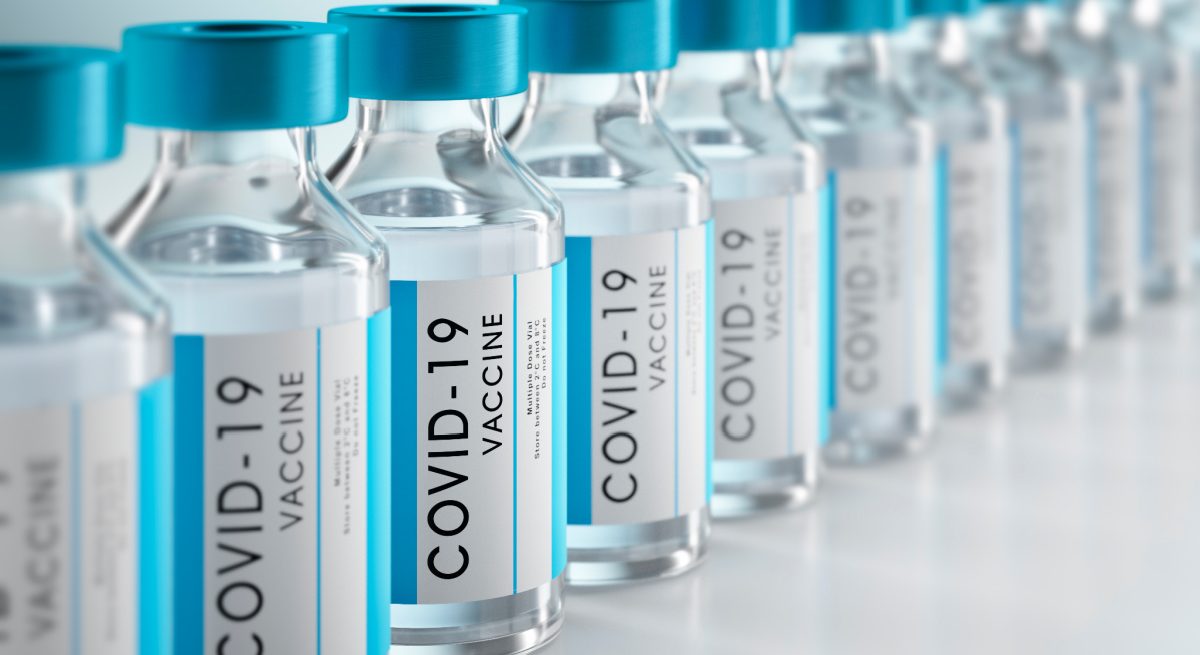How Restaurant Employers Can Tie COVID Vaccinations to Wellness Programs
3 Min Read By Wendy King
After a rough 12 months for the restaurant industry, the pending eligibility of workers to get the COVID-19 vaccination shines a brightening light toward the end of the tunnel. Under the CDC’s Phased Allocation of COVID-19 Vaccines plan, foodservice workers would be included in round 1C of the vaccination distribution rollout, along with workers in the transportation, construction, finance, IT and communications, energy, legal, public safety and media industries. Employers can accomplish any number of positive goals by integrating a vaccination drive into their wellness programs. Not only will they increase engagement and boost vaccination uptake, but many guests will feel far more comfortable knowing that employee vaccination is supported.
Restaurant management must step carefully in proceeding, however, considering many regulations that come into play around workplace wellness program incentives. Here’s what employers need to know.
The incentive factor – a fit or not for…
Sorry, You've Reached Your Article Limit.
Register for free with our site to get unlimited articles.
Already registered? Sign in!


